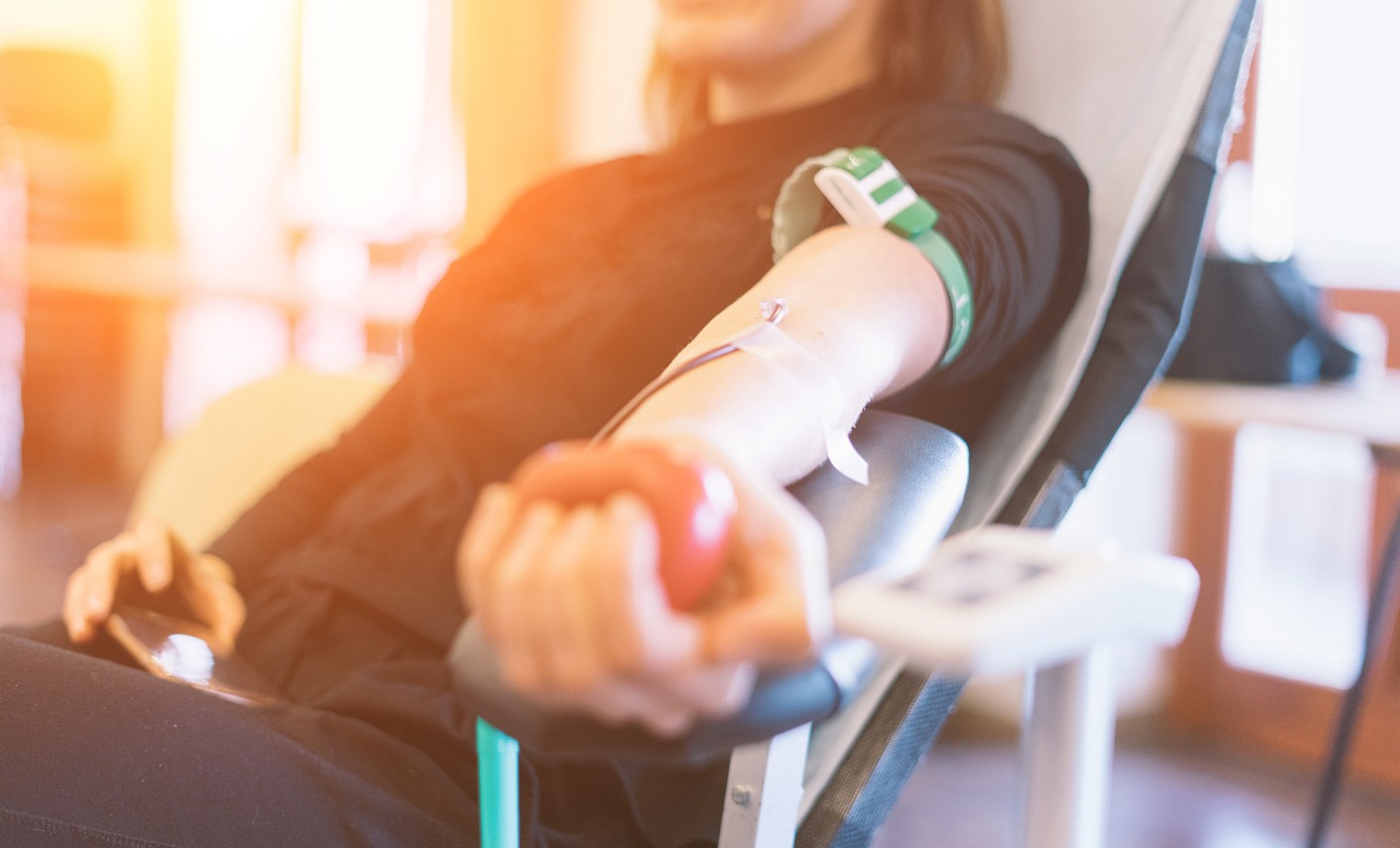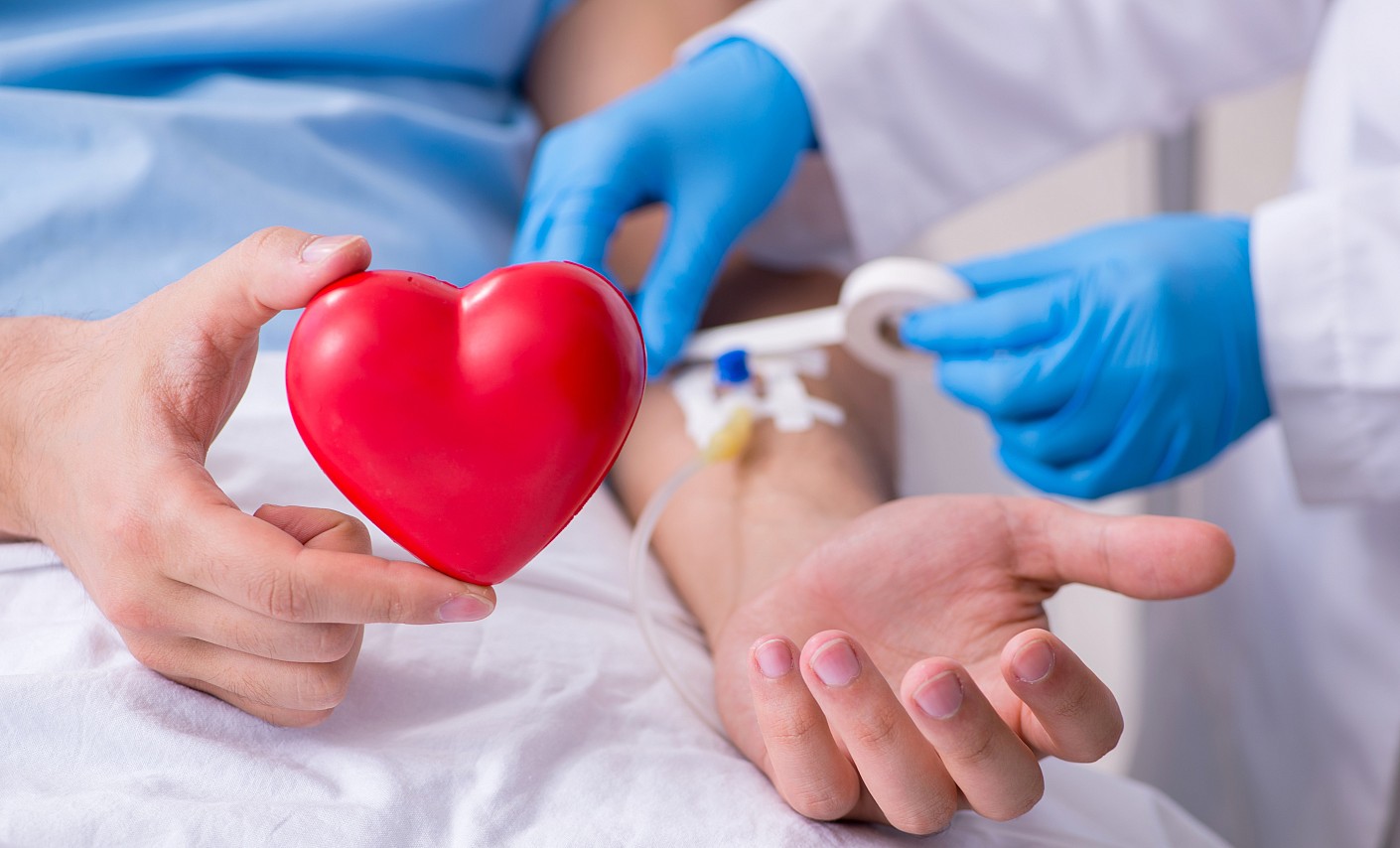Members
Our work is driven by a commited, interdisciplinary team. Together we tackle a wide range of questions drawn from both theoretical frameworks and real‑world practice. If you’d like to get in contact, you’ll find contact information here.
Project Groups
Awareness of Blood Donation
This project group explores the topic of blood donation awareness through an empirical, research-driven approach. Using quantitative studies, it examines trends, influencing factors, and public perceptions to develop a comprehensive understanding of awareness-related dynamics. By capturing diverse perspectives, the group aims to develop effective strategies to strengthen blood donation behavior and volunteer engagement.

Awareness of Blood Donation

Only approximately 3% of the population in Germany donates blood. Raising public awareness of the importance of blood donation is an important first step toward expanding the donor base. Currently, representative data on public awareness of blood donation in Germany is lacking. The goal of this project is to establish a special panel to raise awareness of blood donation, providing a basic data source to assess current levels of awareness and monitor its development over time.
Inclusive Blood Donation

A sustainable donor base that meets both the quantitative and qualitative requirements of the healthcare system and represents diverse populations should be the standard today. Unfortunately, this is not the case in many countries. Recruitment and retention of minority groups to build a diverse donor base remains a major challenge for many blood donation organizations. Therefore, we aim to understand the behaviour, motives and barriers, and persistent systemic restrictions of minority groups in the context of blood donation.
Engagement 2030
Volunteers are a crucial part of successful blood donation events. Their engagement ranges from advertismenet of blood drives, support medical staff and caring for blood donors resulting in higher retention rates of blood donors. Therefore they are an important asset to maintain blood donation rates. To date little is known about volunteers in German blood donation services. Our "Engagement" research group aims to better understand, who volunteers in blood donation are, what motivates them in different stages of their volunteer journey and evaluate what aspects contribute to fruitful recruitment of new volunteers and the retention of active volunteers. This understanding helps to develop strategies for a sustainable volunteer management in blood donation services.

Modern Engagement

Voluntary work is increasingly shaped by various societal trends, including individualization, digitalization, and episodic volunteering. These developments present significant challenges for nonprofit organizations in attracting and retaining volunteers. As such, they highlight the growing need to transform traditional voluntary work into “Modern Engagement”. This research project explores the key factors driving this transformation. Drawing on concepts from the New Work literature, we design studies to investigates which elements of New Work can be meaningfully applied to voluntary work. A central focus is the flexibilization of engagement conditions, which also serves as the starting point for these studies.
Engagement Preferences

The increasing competitiveness of the nonprofit sector reinforces the importance of well-designed strategies to attract volunteers who are vital to the blood donation process. Developing such strategies requires a deep understanding of how volunteers want to engage: What are their preferences regarding aspects such as tasks, time, teamwork, leadership and organizational culture? This research project addresses these questions by conceptualizing and measuring the preferences of blood donation volunteers, thereby informing a sustainable design of blood donation volunteer management.
Volunteer Journey

A sustainable volunteer management contributes to a successful societal contribution of nonprofit organizations now and in the future. In face of a changing volunteer landscape regarding types of volunteering and prevailing inequalities, nonprofit organizations are challenged to provide adequate recruitment and retention strategies tailored to the needs and wishes of active and prospective volunteers. This requires an extensive understanding of volunteers’ individual differences along the volunteer journey. This research project aims to develop a volunteer journey model as a theoretical base for designing sustainable volunteer management strategies.
View our Publications
News
Workshop at the "Fachtagung Ehrenamt 2025"

On 8 November 2025, we attended the "Fachtagung Ehrenamt 2025" of the German Red Cross, giving a workshop on sustainable volunteer management called “Zukunft sichern: Nachhaltige Ehrenamtskoordination.” Together with our colleagues from different GRC organizations across Germany, we explored key questions around volunteer coordination, recruitment of new volunteers, and long-term retention of active members. In our brainstorming sessions, we established the importance of considering recruitment and retention together, rather than developing strategies for one of the two aspects. Further, we identified the relevance of informal and formal strategies to make recruitment and retention strategies successful.
We thank our colleagues for being flexible and open during our workshop and especially for their continious engagement and efforts in helping others.
view LinkedIn-Post
European Conference on Donor Health and Management (ECDHM)

From 10–12 September 2025, our research team took part in the European Conference on Donor Health and Management (ECDHM). The inspiring topics and international exchange provided valuable insights and new perspectives for our work. With our group “Engagement 2030”, we contributed a special session on "Sustainable Volunteer Management in Blood Donation Services". In addition, our Awareness 2030 team hosted a special session on "Inclusive Blood Donation: Understanding Behaviors, Barriers, and Motivators in Minority Donor Populations." We look forward to continuing conversations in an open exchange on projects that foster a more sustainable and inclusive blood donation practice.
Our Participation at the DGTI Annual Meeting 2025

The DGTI Annual Meeting 2025 brought together experts from medicine, research, and practice to discuss current topics in transfusion medicine and donor research. It was great to be part of this inspiring event, hear exciting talks, and exchange ideas with colleagues. With our presentation “The Missing Donors: Barriers and Motivators of Blood Donation Among Individuals With and Without a Migration Background,” we contributed insights from our ongoing research on inclusive blood donation.


